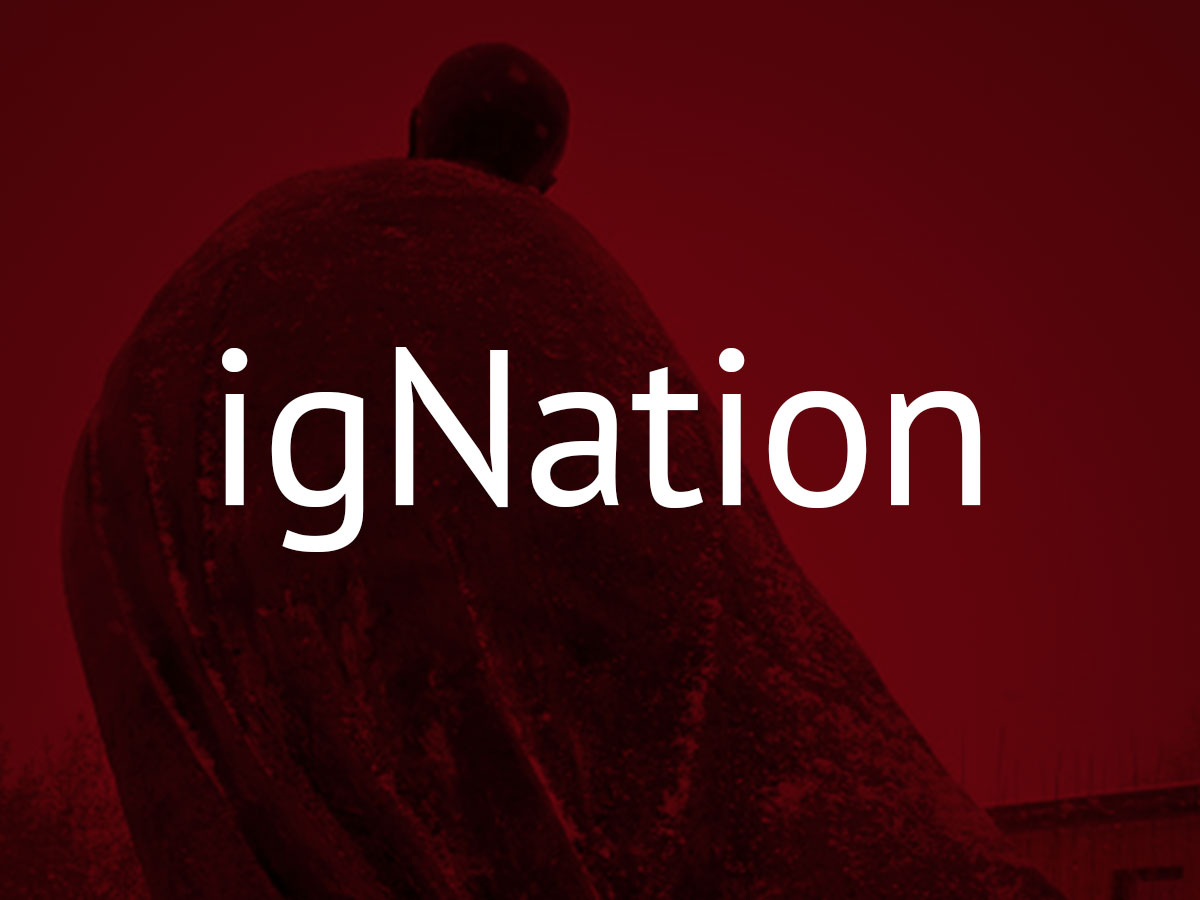On My M Div and Pelagius

This November 21st 2015, I convocated at Regis College in Toronto and received the Master of Divinity (M Div) degree, along with the Bachelor of Sacred Theology. The ceremony gave me cause to give thanks to God, and to pause and reflect on my past three years of theology studies.
Probably the most central and helpful element of the M Div program, for me, was the process of writing a comprehensive essay at the end of it. With this essay, I tried to assimilate and include the questions and issues that had really resonated with me over the course of this program.
In my first year of M Div studies, I took a class on early Christian history. There, one of our assignments was to read excerpts from Pelagius and St. Augustine. These two had a lively debate, around the year 400. Reading these excerpts, much to my surprise, I found myself agreeing with Pelagius and disagreeing with Augustine.
Now, you might be thinking: Pelagius, wasn't he a heretic? Well, yes, I suppose he was. A Google search in French reveals the following Wikipedia heading: “Pélage (hérésiarque)”. In the debate between him and Augustine, it was Augustine who came out on top; and a number of Pelagius' ideas were condemned by a Church council, in 418.
If someone were to call you “Pelagian”, it would most likely not be a compliment. Pelagius has been associated with the idea of earning salvation, rather than receiving it as a gift from God. He argued that we can choose to do good works based on our God-given human natures, rather than through an extra gift of grace. Augustine, on the other hand, rightly asserted the importance of grace in our lives – and also the impact of sin in our lives.
 At the same time, I would contend (and did contend, in my final M Div essay) that Pelagius had something good to say. Namely, he looked around and saw that there were a lot of good people out there in the world, including those who were not Christians. He also suggested that these good people could be chosen by God and saved. On the goodness of non-Christians, Pelagius wrote: “For how many of the pagan philosophers have we heard and read and even seen for ourselves to be chaste, tolerant, temperate, generous … lovers of justice no less than knowledge?”[1] This comment resonated with me. It connected with my experience in Nepal, where I spent a year prior to my theology studies. There, it was pretty clear to me that there are a lot of good people who are not Christians. I also went a step further than this recognition of goodness, while there in Nepal, by concluding that their goodness was connected to God’s presence in their lives.
At the same time, I would contend (and did contend, in my final M Div essay) that Pelagius had something good to say. Namely, he looked around and saw that there were a lot of good people out there in the world, including those who were not Christians. He also suggested that these good people could be chosen by God and saved. On the goodness of non-Christians, Pelagius wrote: “For how many of the pagan philosophers have we heard and read and even seen for ourselves to be chaste, tolerant, temperate, generous … lovers of justice no less than knowledge?”[1] This comment resonated with me. It connected with my experience in Nepal, where I spent a year prior to my theology studies. There, it was pretty clear to me that there are a lot of good people who are not Christians. I also went a step further than this recognition of goodness, while there in Nepal, by concluding that their goodness was connected to God’s presence in their lives.
In the adjoining article of the early Christian history text book, next to that of Pelagius, was a passage from Augustine. Augustine asserts, there, that one needs grace through faith and baptism in order to be saved.[2] Such a position leaves a lot of good people out, such as the pagan philosophers and my Nepali friends.
This first year history class, then, raised some questions for me. I kept these in mind, and revisited them at times, as I took other courses. I found some answers as I went along through the theology program, and also found other questions. In my final M Div paper, I devoted one section to the Pelagius – Augustine debate.
My final paper was titled “On God’s Presence to All People.” There, I tried to find a middle ground between Augustine and Pelagius. Considering their arguments, my own experience, and subsequent Catholic tradition and theology, I asserted both our need for grace (Augustine), on the one hand; and the potential for goodness and for salvation for all people (Pelagius), on the other. I argued that the goodness of people is connected to God’s presence in their lives, and to their response to that presence.
This final M Div paper was just one of many great experiences for me, during the course of my theology studies. I’m grateful to God, and to all who shared in these experiences and who made them possible.
++++++++++++++++++++++++++++++++++++++++++++++
[1] Pelagius, “To Demetrias,” in Readings in World Christian History, vol 1, ed. John W. Coakley and Andrea Sterk (Maryknoll, NY: Orbis, 2004), 208.
[2] St. Augustine, “On Nature and Grace,” in Coakley and Sterk, 211.




No Comments